The Blog
Recently Featured
All Blogs
3 Tips for Loving Detachment
“But let there be spaces in your togetherness, And let the winds of the heavens dance between you. Love one another, but make not a bond of love: Let it rather be a moving sea between the shores of your souls.”
-Kahlil Gibran
At the heart of co-dependency, or any addictive behavior, is the need to control. In fact, co-dependency and control go together like peanut butter and jelly, turkey and dressing, or cake and ice cream. (Pregnant? Who me??)
Last week we touched on this idea of detachment, or letting go of our need to control people, in order to enhance our relationships.
At first glance, detachment sounds negative—uncaring. After all, we talk in circles here on the blog about how vital connection and community are. Isn’t detachment a slap in the face to such wholehearted pursuits?
Well, no. Quite the contrary. Detachment is actually incredibly loving, especially if you’re a recovering co-dependent like me. I think of loving detachment in relationships as an integral way to set healthy boundaries and remain open to something greater than myself and my control. To keep things simple, I’ve got three tips for you that may help you deepen your meaningful relationships and let go of the ones that feel chaotic—toxic even.
1) Fools Rush In
We’re all guilty of making hasty decisions, especially in relationships. However, one of the biggest lessons I’ve learned as of late is to let my yes be a hell yes. In other words, we don’t have to have an immediate answer to another’s question or need right away. Novel idea, right? Have you ever found yourself habitually agreeing to take on responsibilities for another out of the goodness of your heart, yet became resentful towards them because you actually didn’t want to do it deep down inside? Even though we want to blame them for the extra load, that’s on us!
A good reminder here: give yourself plenty of time to respond to someone’s ask. There’s no rule requiring us to respond right away. “Let me think about it,” or “I’ll get back to you on that," are perfectly good options.
2) Bring me a Higher Love
I love flying, and not just because I love travel. I actually love the luxurious perspective we gain by getting 30,000 feet up. Above the traffic, speed limits, and sleepy stretches of driving, we gain generous insight only distance can lend. You know where you came from and where you’re going. There’s a skilled pilot in the cockpit doing all the heavy lifting, navigating, and planning. He’s even going to land that plane. You’re the traveler. He’s the guide.
One of the flimsy narratives we buy into when operating in co-dependent behavior in relationships is, “If I don’t intervene, or fix the situation, it will crash and burn. I might be abandoned, rejected, or both.” In doing so, we play God. Detaching in love not only allows our Higher Power to be in control, it creates an opportunity for you and I to practice receptivity as opposed to manipulation. Essentially, we are only able to truly receive with open hands—not clinched fists.
3) Fix You
Compassion doesn’t mean fixing. In fact, fixing others is fear-based and flimsy. It doesn’t stick. Instead, loving detachment allows us to see the truth of the situation and live in reality knowing each of us is responsible to and for ourselves. Sure, we can ask for help with that which becomes too heavy yet trying to fix another person or their problems is essentially taking away their opportunity for personal empowerment and growth. Some say people don’t change. I heartily disagree. I believe people do change, however, not without burning desire. If I’m trying to fix you, how does your desire ever take flight? It’s weighted down by my agenda. Detachment, letting go of the controlling death grip on others, gives our relationships a chance to bleed desire and grow in the petri dish of honesty and reality.
What do you need in order to practice more loving detachment in relationships? Pray tell…
Love & Gratitude,
Katie
Talk to the Hand: Detaching in Love
“Detachment is based on the premises that each person is responsible for himself, that we can’t solve problems that aren’t ours to solve, and that worrying doesn’t help.”
-Melody Beattie
Co-dependency. We’ve all slung that word around a time or two. Lord knows it gets a really bad rap, too. Truth be told, I struggle with the word and overall label. Why? Because I believe humans, by nature, are needy creatures. Straight out of the womb, we wouldn’t make it very long without the nourishment and care of parents, guardians, and loving community. I don’t think this is an accident. I think it’s a beautiful model for the primal humility baked into our human expression. It’s the purest version of vulnerability in my mind. Survival requires connectedness in relationship.
And yet growth, maturity, and adulthood require a measure of responsibility and individuation in order to balance this developmental process, continue parenting ourselves and truly thrive. This process is based on loving trust built with ourselves and others.
Sounds so easy, right?
In my experience, not so much. It's a bit more complicated than earning a college degree, reading a flow chart, or getting a driver’s license. This new-found responsibility of adulting—in essence, freedom—comes with all sorts of complicated emotions. At the center of them is a deep, loud longing for acceptance—for love.
Many of us learned early on exactly how to get this need for acceptance met by shape-shifting in order to please others. If I do or say what makes you feel good, this in turn will give me entrance into that grand room of belonging. Call it people-pleasing, call it co-dependency, call it whatever you want. At its core, it’s really just dishonesty and manipulation.
I suppose here’s where I draw the line: we all have the God-given birthright to have needs and wants and get them met by asking for help. When I feel lonely, I need to reach out and connect with safe people. Again, being needy is a human thing not a weak thing. However, when our internal well-being and sense of belonging is propped up by external circumstances, especially the agenda or approval of others, that line gets blurred real fast.
When I’m feeling insecure, I tend to slip into this brand of co-dependency. For example, I’ll do unnecessary damage control after having a difficult conversation or interaction with a friend. Or there’s the classic over-explaining after I’ve set a healthy boundary for myself in order to soften the blow to someone else or bypass any possible friction.
We tend to mistake this controlling behavior for care and kindness. No dice. Why? Because it’s based in fear and scarcity. Worrying, manipulating, and controlling behavior only hijacks another’s process, and in doing so, steals their opportunity for emotional exploration and growth. Not only that, we basically assume a "God" role. We buy into thinking, "It's all up to me to move the needle forward." Last time I checked, God doesn’t need my expertise, no matter how well-intentioned.
As we grow in self-awareness and compassion, letting go and detaching in love is crucial. Though it seems counterintuitive and heartless, detachment is a deeply loving practice.
How do we practice this? What does that look like? Yes, it’s coming.
Stay tuned for next week’s installment. We’re going to practically explore healthy detachment step by step.
(See what I did there? 😉)
Love & Gratitude,
Katie


































